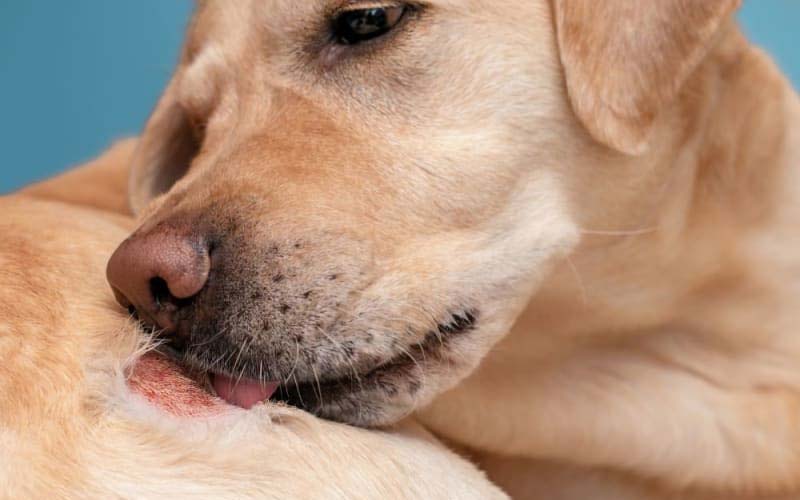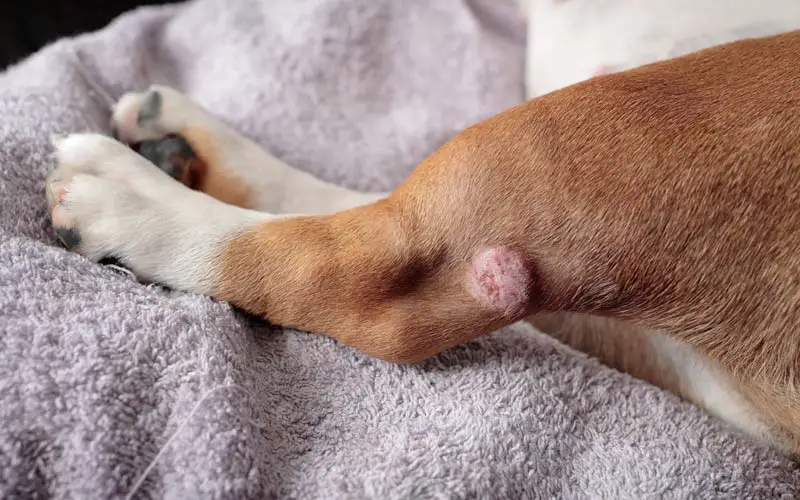As pet owners, we always want the best for our furry friends. We ensure they have a healthy diet, plenty of exercise, and regular visits to the vet. However, one aspect of pet care that is often overlooked is skin protection. Skin cancer in dogs is a real concern, and it’s essential to understand the risks and how to prevent it.

Skin cancer is the most common type of cancer in dogs, with certain breeds being more susceptible than others. Breeds with lighter coats, such as Dalmatians, Boxers, and Whippets, are at higher risk. Additionally, dogs with thin hair, such as Greyhounds and Bull Terriers, are also more prone to developing skin cancer. Dogs that spend a lot of time in the sun, such as those who love to sunbathe or play outside, are also at increased risk.
There are several types of skin cancer that can affect dogs, including:
- Squamous cell carcinoma – This is the most common type of skin cancer in dogs and usually affects the skin on their bellies, ears, nose, and toes.
- Mast cell tumors – These tumors can be found anywhere on a dog’s body and can be very aggressive, spreading quickly to other parts of the body.
- Melanoma – Similar to human melanoma, this type of cancer affects the pigment-producing cells in a dog’s skin.
Preventing skin cancer in dogs is all about protecting them from the sun. Here are some tips to help keep your furry friend safe:

- Limit sun exposure – Try to keep your dog indoors during peak sunlight hours, typically between 10 am and 4 pm.
- Use sunscreen – Yes, you read that right. There are pet-friendly sunscreens available that you can apply to your dog’s nose and other sensitive areas.
- Provide shade – If your dog loves to spend time outside, make sure they have access to shade, such as a covered patio or a shady tree.
- Cover up – If your dog is particularly susceptible to skin cancer, consider investing in doggy clothes that provide UV protection.
- Regular check-ups – Regular visits to the vet can help detect skin cancer early on, increasing the chances of successful treatment.
In conclusion, skin cancer in dogs is a real concern, but there are steps you can take to protect your furry friend. By limiting sun exposure, using sunscreen, providing shade, covering up, and regular vet check-ups, you can help keep your dog healthy and happy for years to come. Remember, prevention is always better than cure.